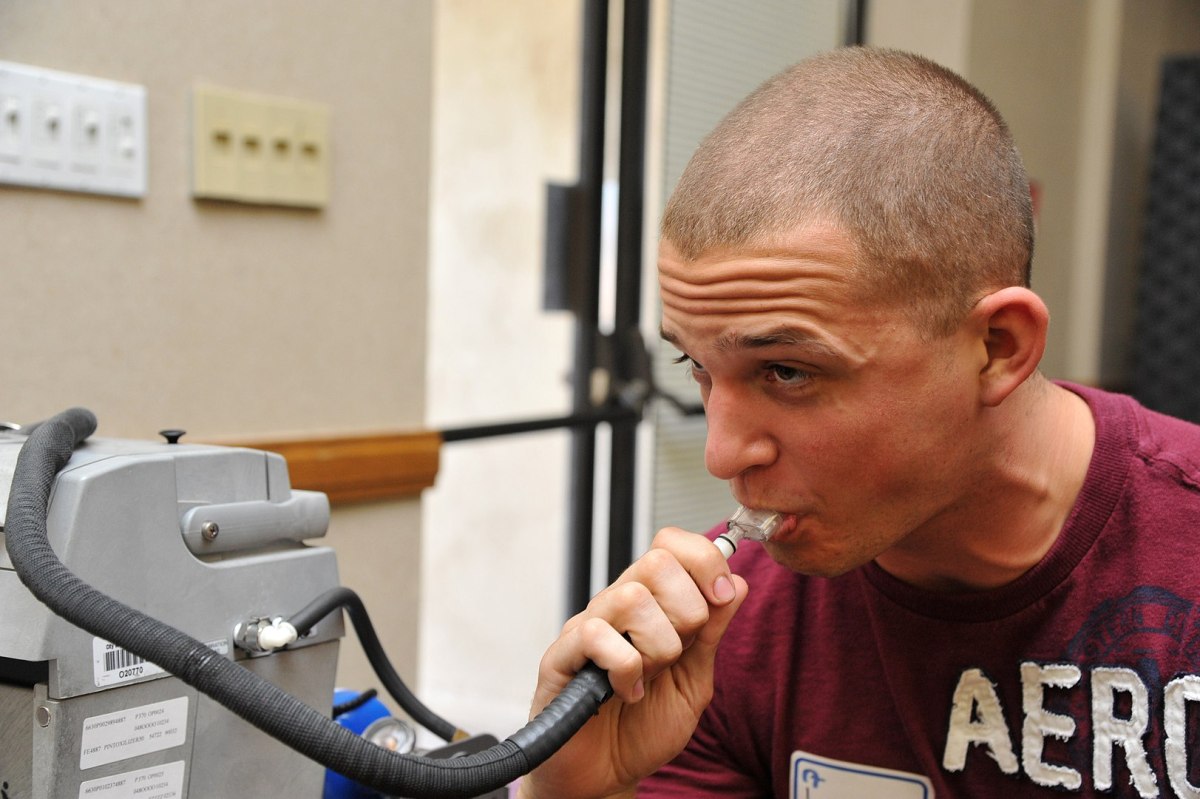In a perfect world, breath-testing devices like Breathalyzers would serve a crucial purpose: providing an easy way for law enforcement to determine whether a given driver has had enough to drink that they shouldn’t be out on the road. But what happens if the devices used to measure blood-alcohol content aren’t accurate — or even remotely close to accurate?
That’s the disturbing finding of a new report by Stacy Cowley and Jessica Silver-Greenberg at The New York Times. Particularly damning are their findings on the ways these devices can go wrong:
The machines are sensitive scientific instruments, and in many cases they haven’t been properly calibrated, yielding results that were at times 40 percent too high. Maintaining machines is up to police departments that sometimes have shoddy standards and lack expertise. In some cities, lab officials have used stale or home-brewed chemical solutions that warped results.
This causes issues on two fronts. An inaccurate device can lead to people being wrongly convicted of driving under the influence — and losing the ability to drive, which can impact their ability to get to work, among other things. And, as the report points out, disregarding all data from these devices, as some states have done, can also mean that clearly inebriated and dangerous drivers might end up back on the roads.
Why analyze breath? Blood alcohol content can be measured by analyzing blood — but that requires a warrant. It’s not hard to see why police departments might prefer a different method, but it’s also difficult to justify it when some of these inconsistencies are brought to light. The entire article makes for an unnerving read, and suggests another aspect of law enforcement in need of reform.
Subscribe here for our free daily newsletter.
Thanks for reading InsideHook. Sign up for our daily newsletter and be in the know.















